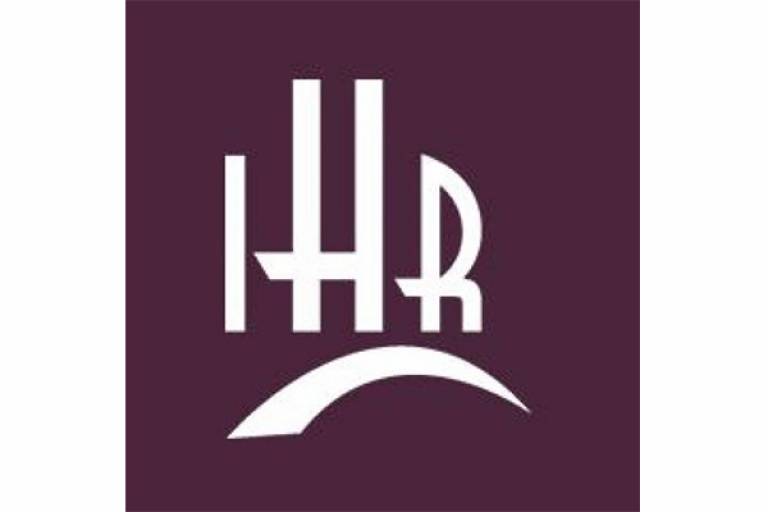***CANCELLED*** The Armed Solution: Politics and Civil War in Chile, 1825-1831
03 December 2019, 6:00 pm–8:00 pm

IHR Latin American History Seminar.
Event Information
Open to
- All
Organiser
-
Oscar Martinez
Location
-
105Institute of the Americas51 Gordon SquareLondonWC1H 0PNUnited Kingdom
The revolution for independence was, as Tulio Halperin argued in his Revolución y Guerra, a foundational political moment, in which civil elites were often overshadowed by military forces. The so-called “carrera de la revolución”, through which relatively marginal characters achieved a political status hitherto unknown to them and their peers, was one of the main consequences of the war that hit the Spanish American continent in the first decades of the nineteenth century. The many and very diverse armed conflicts between 1809 and the beginning of the 1830s gave continental politics a warlike aspect, due to which the military had a preponderant role in decision-making, as much or more evident than that of men of letters or economic power groups. The militarization of politics, as this transformation process could be defined, was carried out in different scenarios and brought with it various consequences. However, all of them show officers, soldiers, militiamen and guerrillas (or montoneros) using force in order to achieve concrete and immediate results to their demands.
The war of independence affected not only the different echelons of society, but also the day-to-day economy of small towns, haciendas, ports and larger cities. In the case of Chile, the war changed the very meaning of social coexistence. By 1827 there was a supposedly demilitarized society after the fall of the last royalist stronghold in Chiloé but which, in reality, continued depending on the regular army, the militias or the guerrillas and montoneras. If we add to this the weak legitimacy of post-independence governments, it should not be surprising that Chile had lived in a constant state of alarm between 1825 and 1831, the year when the army led by José Joaquín Prieto achieved a certain degree of consolidation that, not without difficulties, allowed him to remain in power for the rest of the decade.
Thus, Chile did not distance from its Latin American neighbours, such as the Río de la Plata or Peru, in this matter. This does not mean that the country lived in a structural “anarchy” during those years, as traditional historiography (both conservative and liberal) argued well into the twentieth century. On the contrary, this presentation proposes that violence was a political “solution” used interchangeably by governors and detractors, making it an equally legitimate tool as elections or republican constitutionalism. The talk will present a number of military events between 1825 and 1831 that emphasise the role of the officers (but not only of them) in politics.
About the Speaker
Juan Luis Ossa
Juan Luis Ossa is associate professor at the Universidad Adolfo Ibáñez in Chile and an academic visitor at the Oxford Latin American Centre. He holds a PhD in Modern History from Oxford University.
 Close
Close

